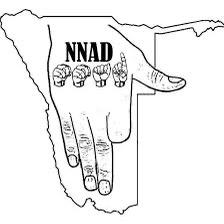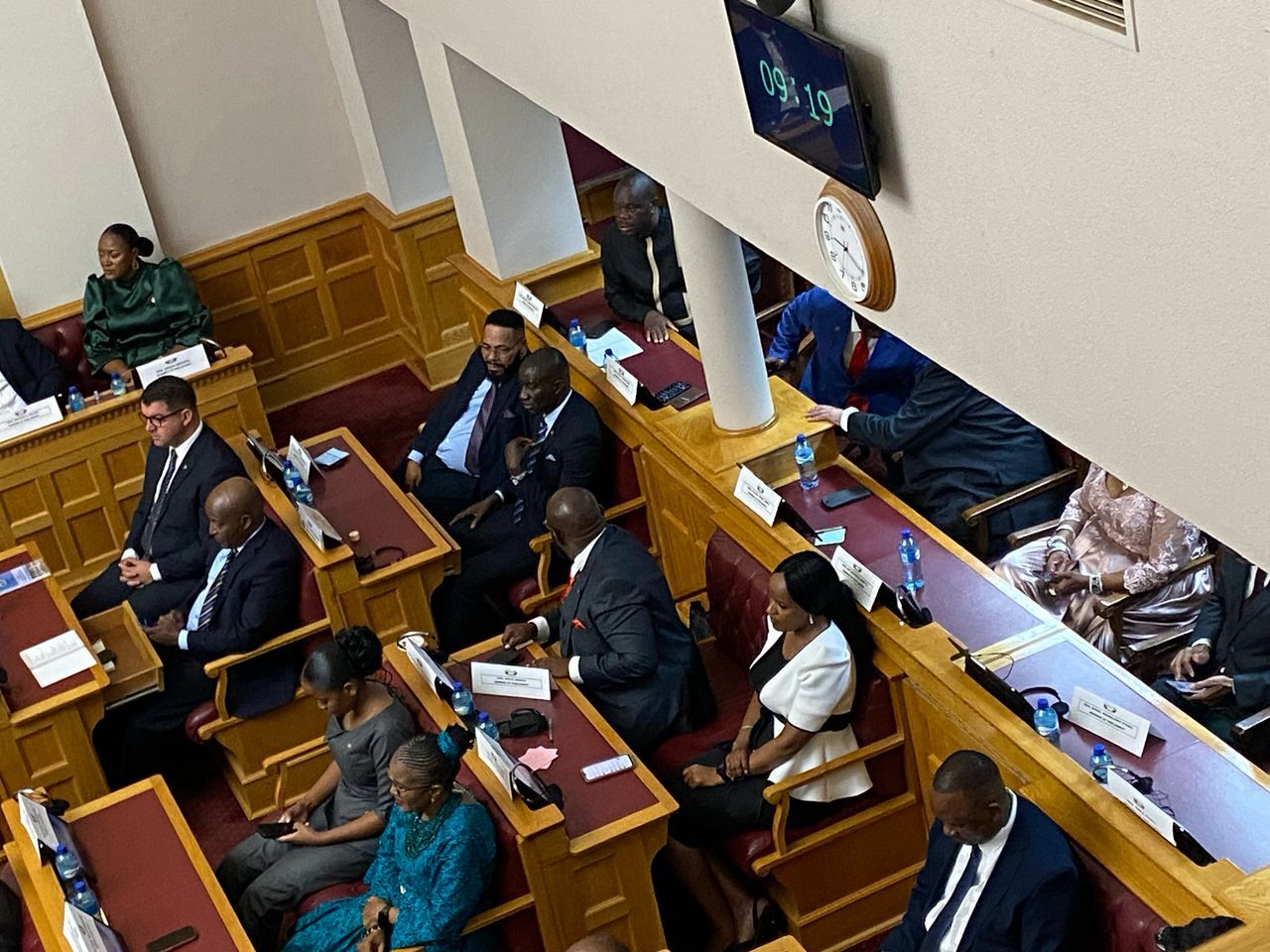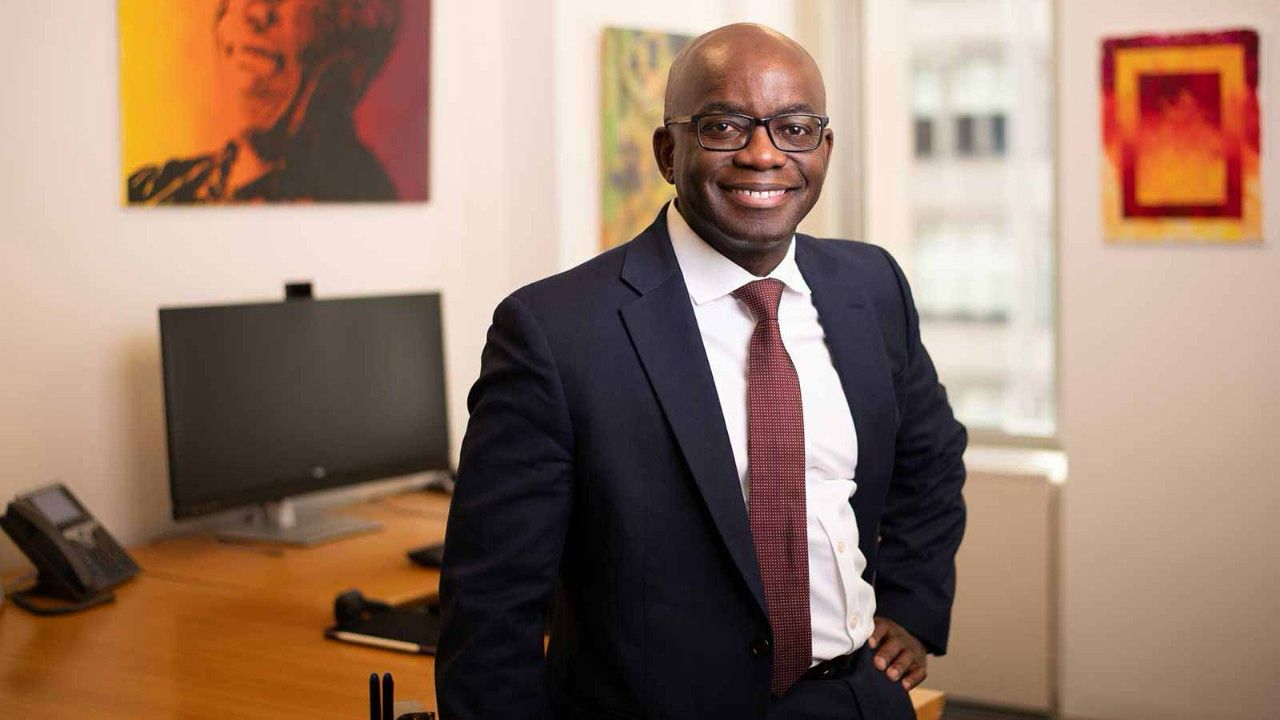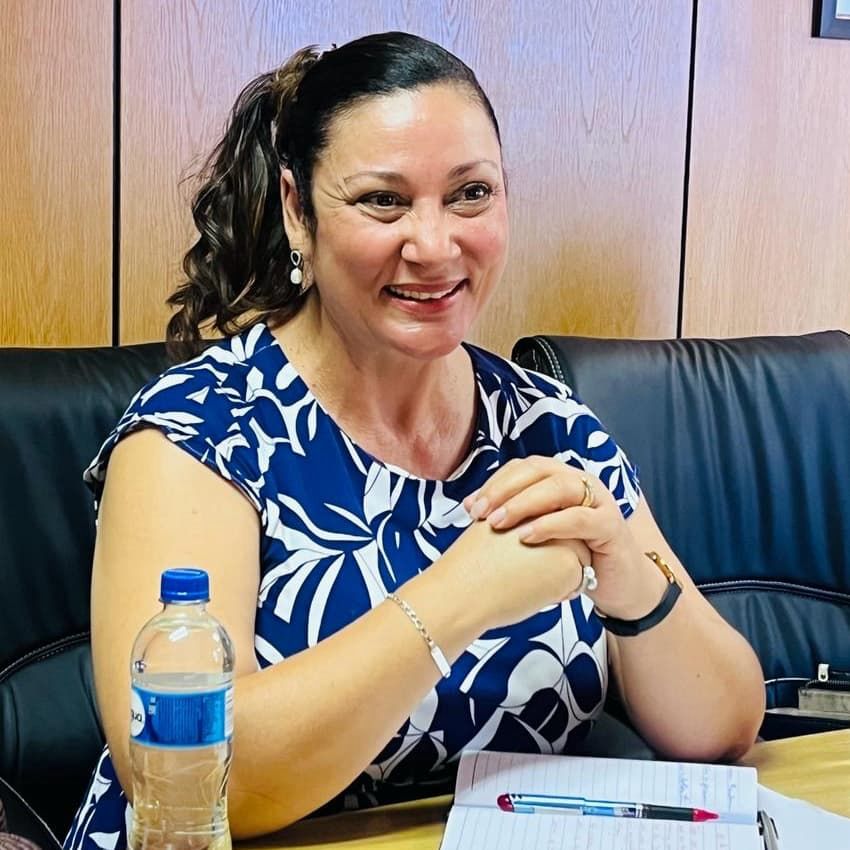Namibia’s deaf community is urging the incoming government to recognise sign language as a national language for better inclusivity.
Namibian National Association of the Deaf (NNAD) director Linekela Nanyeni says the new government should prioritise making sign language a national language.
Nanyeni says in the absence of this the country remains an unequal society.
He said this yesterday after the parliamentary standing committee on constitutional and legal affairs asked for sign language to be included in parliamentary sessions.
“We hope the committee will push through the motion and have the demand met, which would be a landmark victory for the Namibian deaf community and global deaf communities.
“We share a common culture and language, and having Namibian sign language recognised means the deaf will gain.
“We further call upon the incoming Cabinet and government to speed up this matter to ensure the new government becomes inclusive, responsive and people-centred,” Nanyeni said.
The committee tabled the report on the recognition of Namibian sign language as a national language and the appointment of a sign language interpreter to live parliamentary debates in the parliament on Monday.
Committee chairperson Kletus Karondo says the National Assembly has included sign language in the languages to be used in parliament.
He says this motion was referred to the parliamentary standing committee for investigation and feedback.
Karondo says Namibia is a signatory of the Convention of the United Nations on the Rights of Persons with Disabilities, which recognises the dignity and rights of all people with disabilities, including the deaf community.
“The committee informed the mover and petitioners that in recognising that communication was a human right, the National Assembly in its new rules inserted sign language as part of the languages in the house,” he says.
The committee further submitted recommendations to the education, gender and labour ministries, the Office of the Prime Minister, and the National Assembly.
The motion was tabled by deputy minister for disability affairs Alexia Manombe-Ncube in 2022, following a petition by representatives of the NNAD.
Manombe-Ncube said sign language is a legitimate language in its own right, and it is important for the whole family to learn sign language as many deaf children are born into families where there are no deaf people.
Services must be in place to provide sign language learning and support to families, she said at the time.
“Our early childhood development centres should be equipped with sign language, spoken and visual materials. If we do not learn sign language, we are depriving the thousands of Namibians the ability to communicate with the rest in homes, parliament, political parties, schools, communities, churches, shops, hospitals, clinics, courts, police stations, and institutions of higher learning.”
Stay informed with The Namibian – your source for credible journalism. Get in-depth reporting and opinions for
only N$85 a month. Invest in journalism, invest in democracy –
Subscribe Now!









